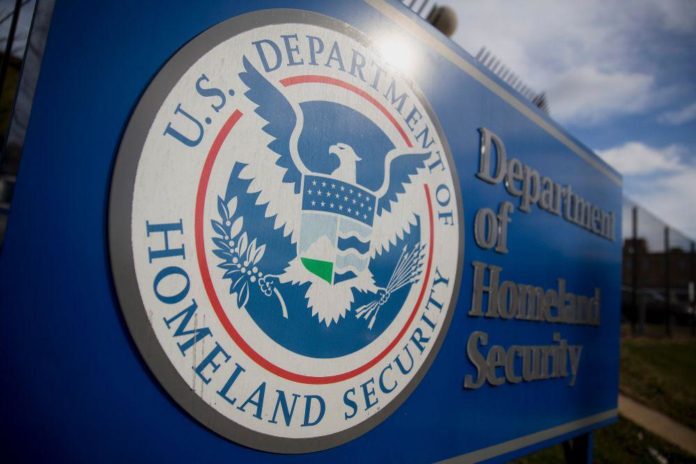By Lamin Njie
The United States Department of Homeland Security is proposing major changes to the country’s asylum law and procedure which could see most asylum seekers find it extremely difficult to be approved.
In a 161-page rule seen by The Fatu Network and reviewed by our legal team, the DHS is pushing for a number of changes that would affect almost all asylum seekers.
The draft rule is set to be published in the Federal Register on 15 June 2020, for 30 days of public comments before it takes effect.
One proposed change would authorise DHS to place aliens with positive ‘Credible Fear Interview, CFI,’ in a new “asylum and withholding only proceeding” rather than a 240 proceeding, that gives aliens many procedural safeguards.
Also, DHS proposes to heighten the screening standard for torture claims. Currently, aliens subjected to expedited removal need only show at their CFI that there’s a “significant possibility” for the alleged harm. The new rule proposes a “reasonable possibility.”
In another proposed change, asylum officers would be empowered to make a “frivolous” finding after review. Presently, only an immigration judge or the Board of Immigration Appeal can make such a finding because it permanently bars an alien from benefit.
Elsewhere in the draft rule, DHS proposes that even if an alien meets his or her burden to be granted asylum, adjudicators may still deny the request based on newly introduced negative discretion. Some of them include: an alien’s unlawful entry or unlawful attempted entry into the United States unless such entry or attempted entry was made in immediate flight from persecution or torture in a contiguous country; subject to certain exceptions, the failure of an alien to seek asylum or refugee protection in at least one country through which the alien transited before entering the United States; and an alien’s use of fraudulent documents to enter the United States, unless the alien arrived in the United States by air, sea, or land directly from the applicant’s home country without transiting through any other country.




